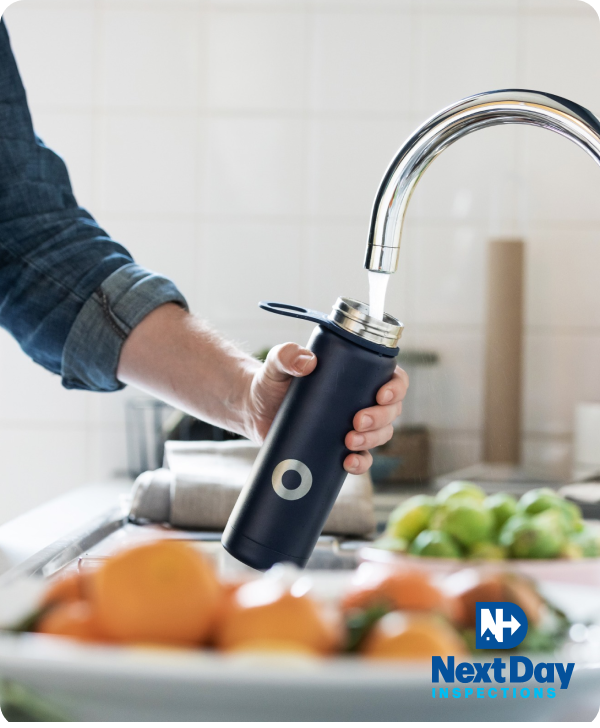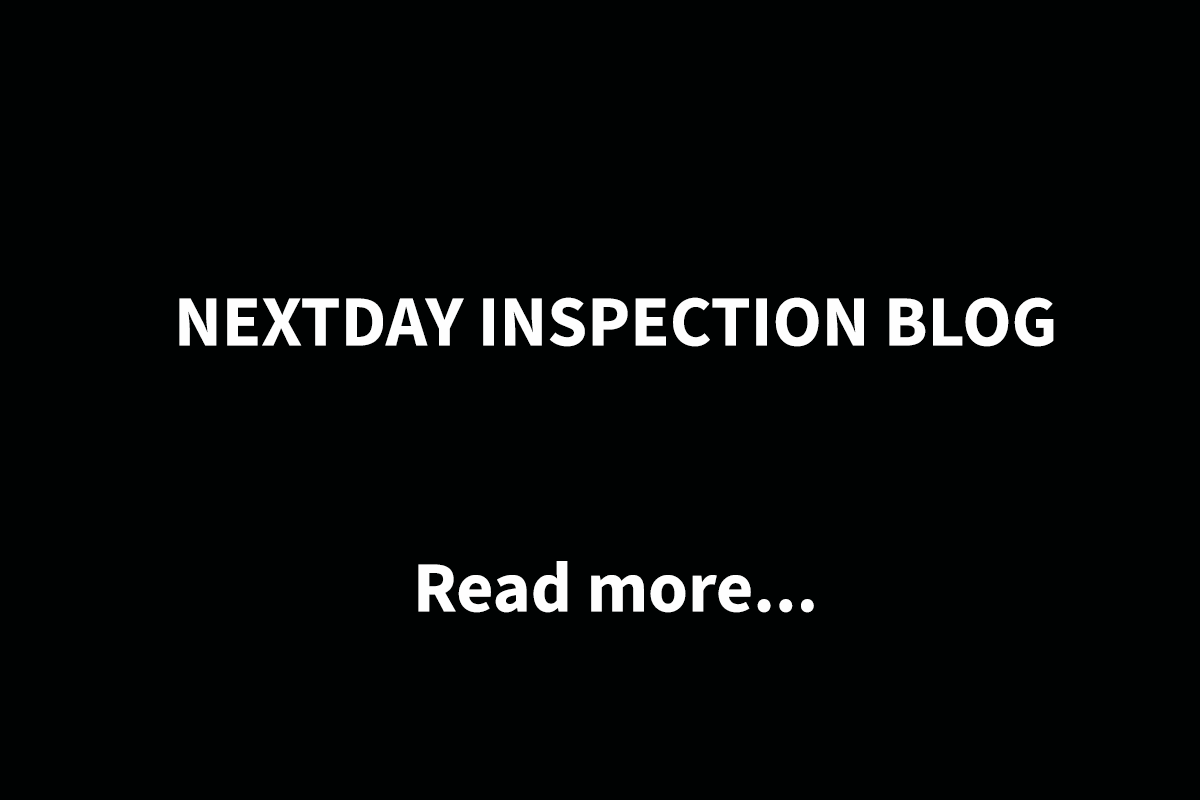
Importance and Parameters When it comes to securing a VA loan for a home in Florida, prospective buyers may encounter the requirement for water testing as part of the loan approval process. Let’s delve into the significance of water testing for VA loans, why it is essential, and the specific parameters that lenders typically evaluate before approving a loan.
The Importance of Water Testing for VA Loans:
Health and Safety:
Water testing ensures that the potable water supply in a home meets essential health and safety standards. Contaminated water can pose serious health risks to occupants, including exposure to harmful bacteria, chemicals, and pollutants.
Property Valuation:
The quality of the water supply can impact the overall value of a property. Detecting issues through water testing can help buyers make informed decisions about the condition of the home and potential maintenance or remediation costs.
Compliance:
VA loan requirements mandate that properties meet certain health and safety standards, including water quality standards. Water testing helps ensure compliance with these guidelines and protects the interests of both the buyer and the lender.

Parameters of Water Levels for VA Loan Approval:
1. Bacteria and Microorganisms:
Lenders typically require testing for coliform bacteria, including E. coli, which are indicators of contamination from sewage or fecal matter. Elevated levels of these bacteria can indicate a potential health hazard and may require remediation.
2. Lead:
Lead contamination in drinking water is a significant concern due to its harmful effects on human health, especially in children and pregnant women. Lenders may request lead testing to ensure that the water supply is safe for consumption.
3.Nitrates:
Nitrates are common pollutants in water sources, often stemming from agricultural runoff or septic systems. High levels of nitrates can pose health risks, particularly for infants and pregnant women. Testing for nitrates is crucial to ensure water quality.
4. Arsenic:
Arsenic is a naturally occurring element that can leach into groundwater sources. Chronic exposure to arsenic in drinking water is associated with various health issues, including cancer. Testing for arsenic levels is essential for identifying potential contamination.
5.pH Levels:
The pH level of water can impact its corrosivity and taste. Water with extreme pH levels can indicate corrosive properties that may lead to damage to plumbing systems. Lenders may request pH testing to assess water quality.
6.Hardness:
Water hardness refers to the mineral content in water, primarily calcium and magnesium. Excessive hardness can result in scale buildup in plumbing fixtures and appliances. Lenders may check water hardness levels to evaluate potential maintenance concerns.
Final Thoughts about Water Testing for VA Loans:
Water testing plays a critical role in the VA loan approval process, ensuring that homes meet essential health and safety standards for potable water supply.
By evaluating key parameters such as bacteria, lead, nitrates, arsenic, pH levels, and water hardness, lenders can assess the quality of the water source and mitigate potential risks for homeowners.
For prospective buyers seeking VA loans in Florida, understanding the importance of water testing and the parameters that lenders assess can help streamline the loan approval process and provide assurance that the property’s water supply meets quality standards.
Prioritizing water testing not only safeguards the health and well-being of occupants but also contributes to the long-term value and sustainability of the home.

